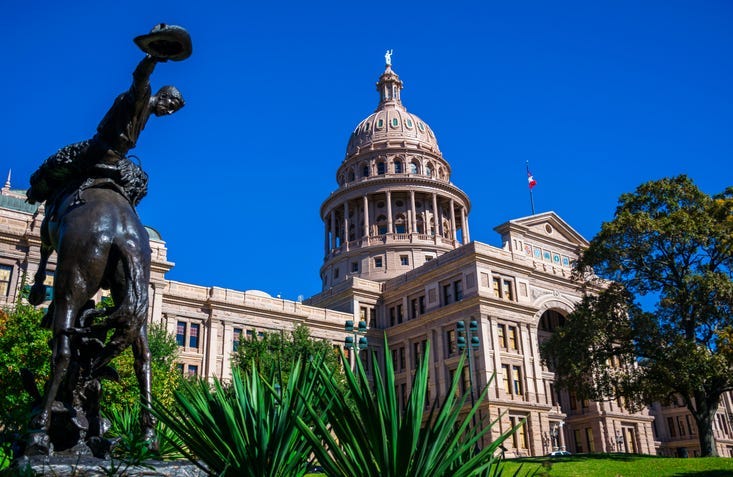
DALLAS (1080 KRLD/AP) - A surge in unemployment has started to take a financial toll on the Texas jobless fund.
Texas and at least five other states have already have asked to borrow money from the federal government to pay unemployment claims because state funds are expected to run out.
The borrowing could lead to higher taxes on businesses.
State unemployment benefits are funded by special taxes on employers and paid through state trust funds. Each state sets its own tax rate and benefit payment amounts. When trust funds run low, states can get federal loans that must be repaid with interest. Loans taken out this year would need to be repaid by November 2022, or else the federal government could raise taxes on businesses to recoup the money.
Analysts say many more states are likely to follow suit in the coming months.
“I can't imagine a state that's not going to have to borrow by the end of this year,” said Michele Evermore, a senior policy analyst at the National Employment Law Project, a New York-based group that advocates for low-wage workers and the unemployed.
A law signed by President Donald Trump last month waived the interest on state unemployment loans through the end of this year. But that's a shorter reprieve than was granted during the Great Recession, when interest was waived from February 2009 through December 2010.
The last recession led to the insolvency of unemployment trust funds in 35 states that collectively racked up more than $40 billion of debt to keep paying unemployed workers. It took years for states to repay that.
